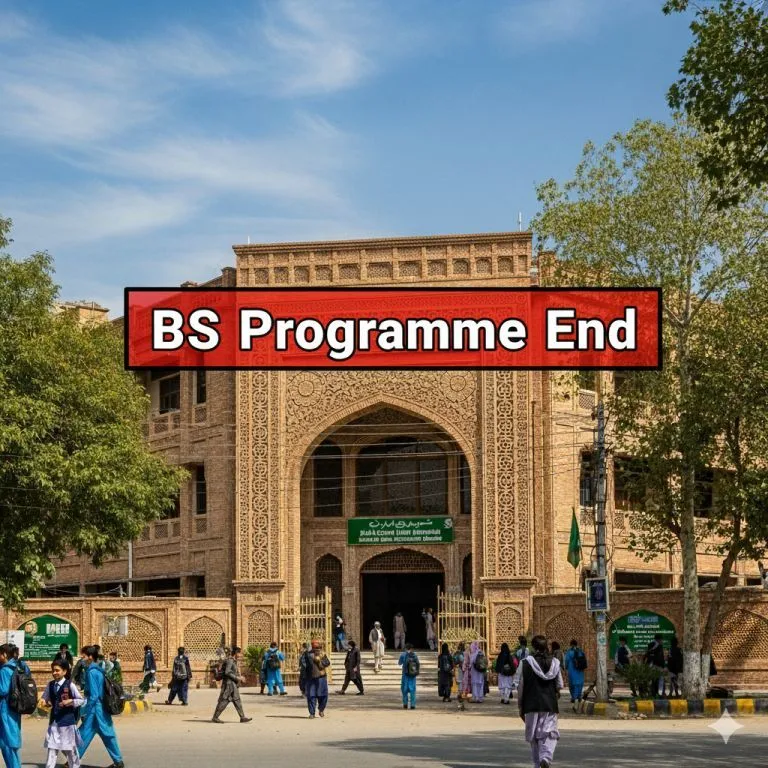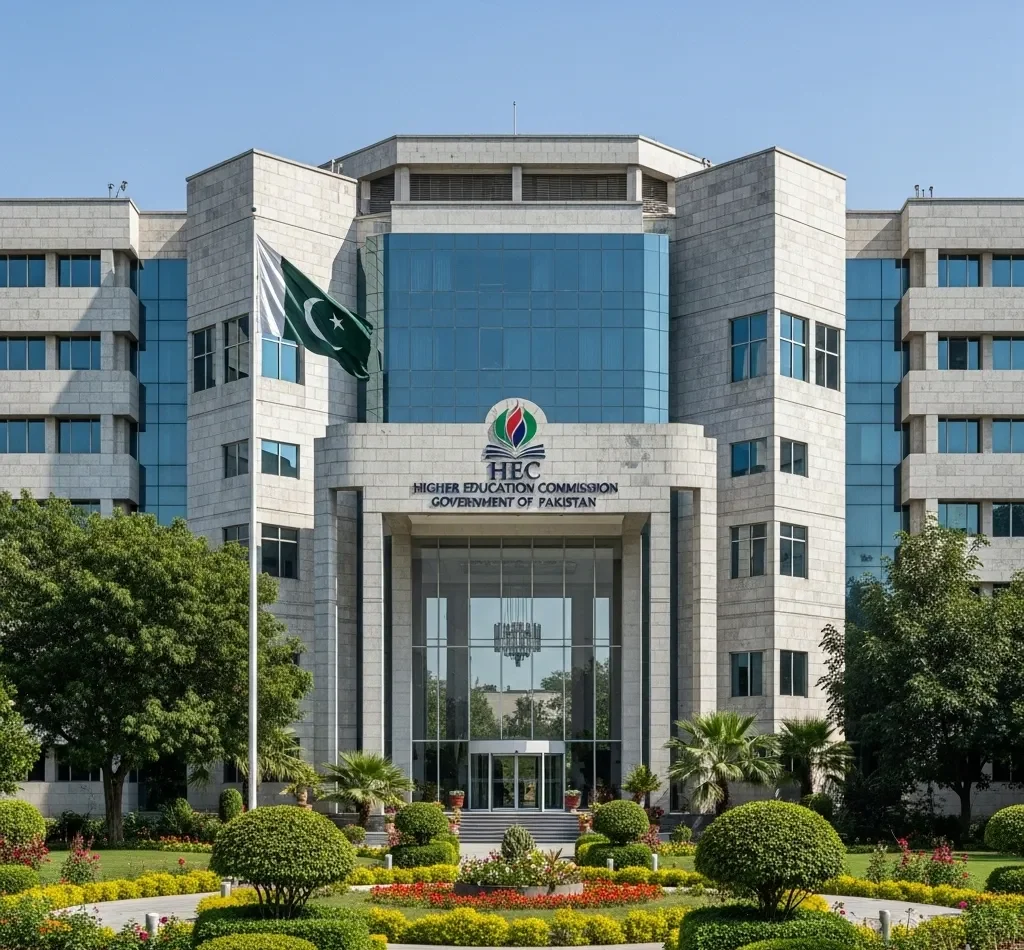KP Ends BS Programs: A Shift in Higher Education
Recently, the Khyber Pakhtunkhwa (KP) government made a sharp policy change in its higher education goals. KP ends BS programs at 36 public sector colleges and has made associate degree programs available. The Education Department advised that a number of subjects, mainly (Political Science, Urdu, Pashto, and Pakistan Studies) would be phased out due to low enrollment, and the fact that students were abandoning most BS subjects prior to completion. The new associate degree courses are intended to focus students on subjects that are market driven and reflect market-relevant education, which give students no academic less or professional skills consistent with employment.
This decision embodies an emerging need to re-align the education system with job market demands. The government hopes to reduce waste by eliminating BS programs in low demand subject area so that students can spend time and energy focusing on fields with actual value in the work force. For many students, this could mean a shorter path to employment than a traditional four year BS program, making this transition a vital part of higher education reforms Pakistan is currently undergoing.
Associate Degree Programs to Replace BS Courses
The new associate degree programs in KP are shorter, skill-focused, and will offer education ready for employment. Associate degrees will not have students directing them into fields with limited job opportunities like in undergraduate degree programs in Pakistan. Instead associate degrees will have fields of study such as information technology, business management, computer science, and vocational study. Education experts say this effort will be much better for student employment outcomes and provide a more stable pathway for students in the province, creating a clear comparison of associate degree vs BS programs.
The KP Education Department also emphasized that this decision was based on their data. There has been very low demand from students, very high rates of dropout, and limited job prospects with discontinued subjects. The government wants to programme out the low demand BS programmes, helping to reduce the gap between education and industry. This helps to ensure graduates of the next generation will have grounding in theory and applied skills that employers are actually looking for through job-oriented courses in Pakistan.
Future of Higher Education in KP
While dismantling BS programs at public colleges may upset certain parties, it is clear that the transition to associate degrees signals a new chapter in term of higher education in KP. The change is in line with a global trend in which governments and institutions have been moving away from long academic pathways that may not ensure jobs, to shorter, skills-based degree programs. This indicates the future of education KP is being shaped by a strong emphasis on employability and industry needs.
In the emphasis on market driven education, KP students, much like many around the world, are likely to remain competitive in countries ranging from Pakistan to international markets. With an increase in professions in sectors such as IT, healthcare and business, associate degrees will provide the path to access both local and global opportunities. KP is taking measures to promote their educational programs in a way that favors employability, allowing it to position more positively as a province that supports educational and economic development.
Over time, this decision could improve graduation rates, decrease unemployment, and incentivize more students to pursue a higher education. Critics claim that the elimination of BS programs in subjects such as Urdu and Pashto could weaken cultural studies, but the government maintains that these subjects will be preserved in universities, but will no longer play a role in the field of college education.



